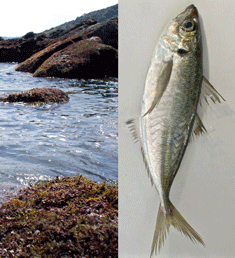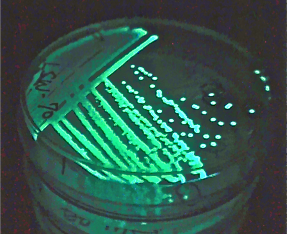Faculty of Agriculture, University of Miyazaki
Department of Marine Biology and Environmental Sciences
RESEARCH

Bacteria from the family Vibrionaceae (Gammaproteobacteria) are ubiquitous in the marine environment. The family includes important human pathogens (such as the agent of cholera, Vibrio cholerae), which affect millions of people worldwide, as well as pathogens of marine fishes, shrimps, mollusks and corals. In addition to pathogens, the family also includes symbionts of marine animals, which are beneficial to their hosts.

Our laboratory seeks to understand the mechanism of Vibrionaceae evolution, in particular, the evolution of associations between bacteria and animals. We are using methods from genomics, phylogenetics and microbial ecology to decipher how symbiotic and pathogenic Vibrionaceae evolved the ability to invade and colonize hosts. Ultimately, our studies will provide important insight into the evolutionary forces leading to associations between bacteria and animals.

We also attempt to catalogue the Vibrionaceae diversity. There are currently over 120 species described in the family, but a multitude of Vibrionaceae present in marine environment is yet to be analyzed and described. Our research so far resulted in descriptions of a new genus and two new species in the family, and resolved a number of ambiguities regarding taxonomic classification of Vibrionaceae.
*大学院生・共同研究募集*
当研究室では大学院生、共同研究者を募集しています。 研究に興味のある方はお問い合わせから、ご連絡下さい。
ラボ見学も随時行っています。